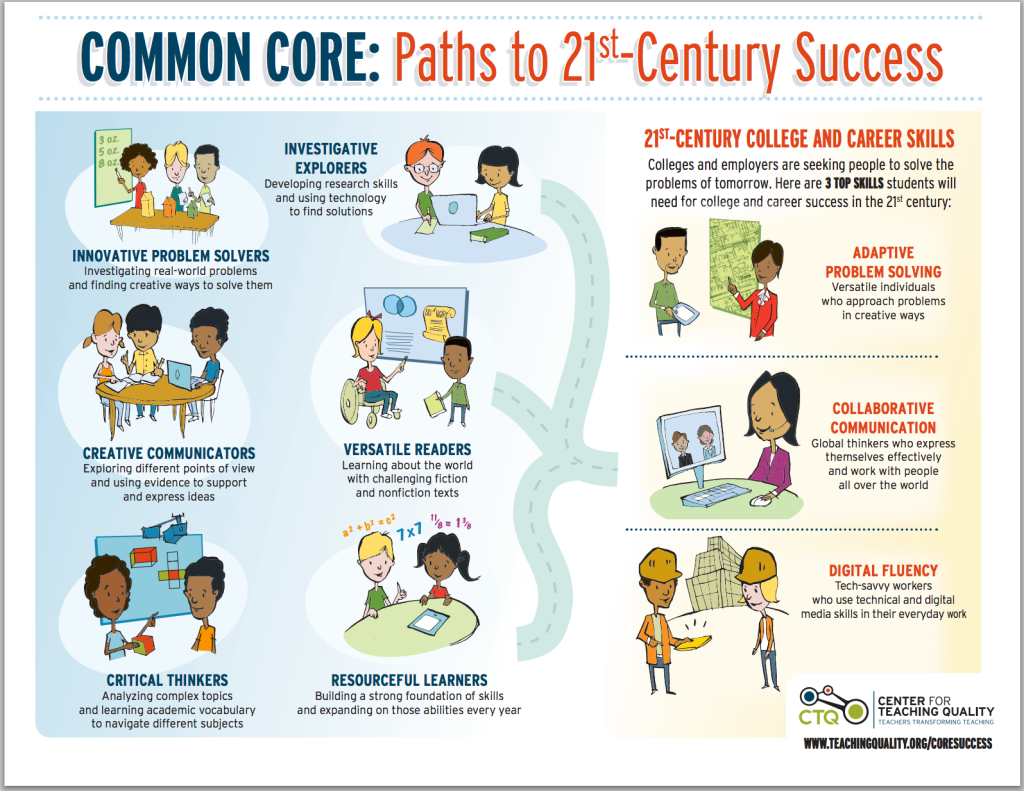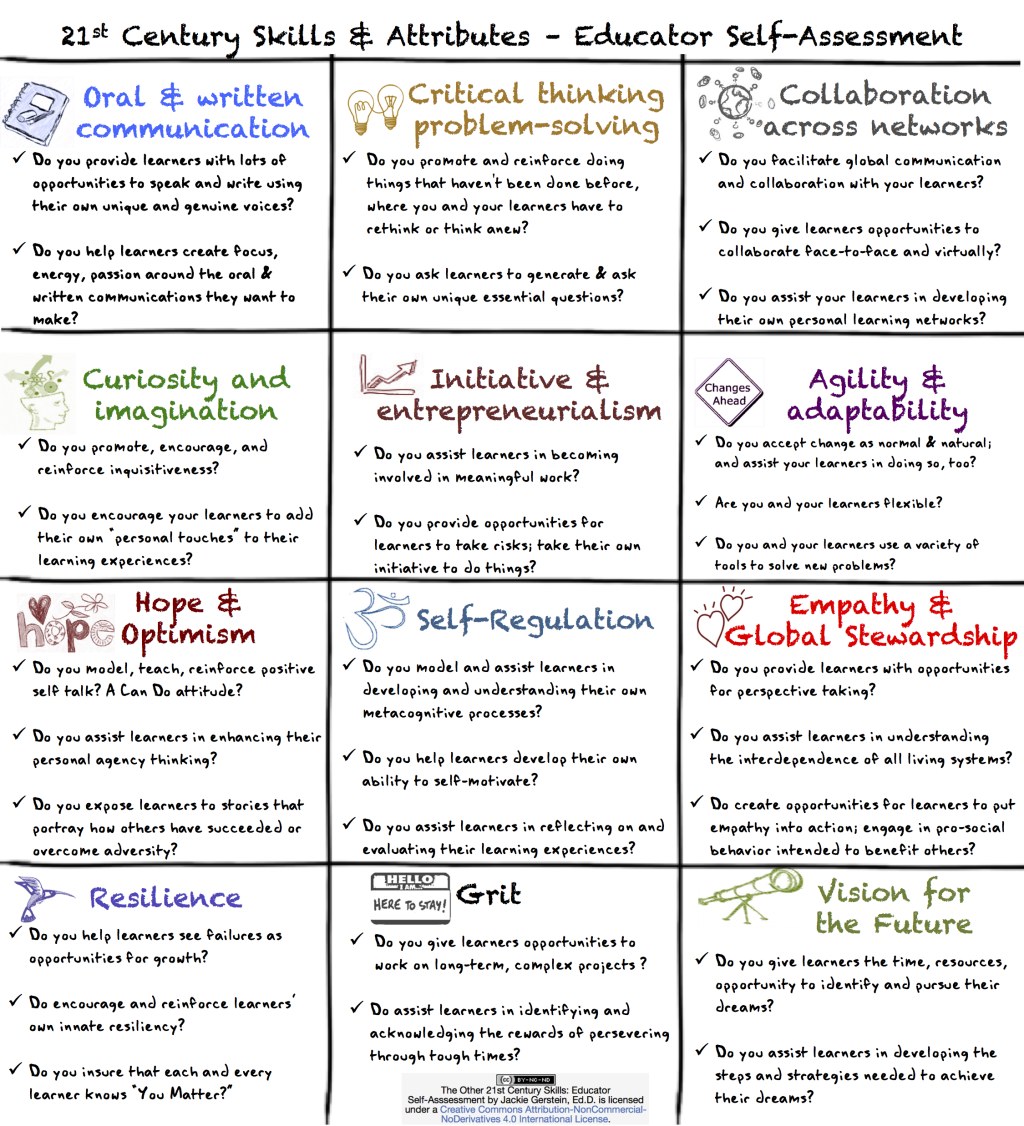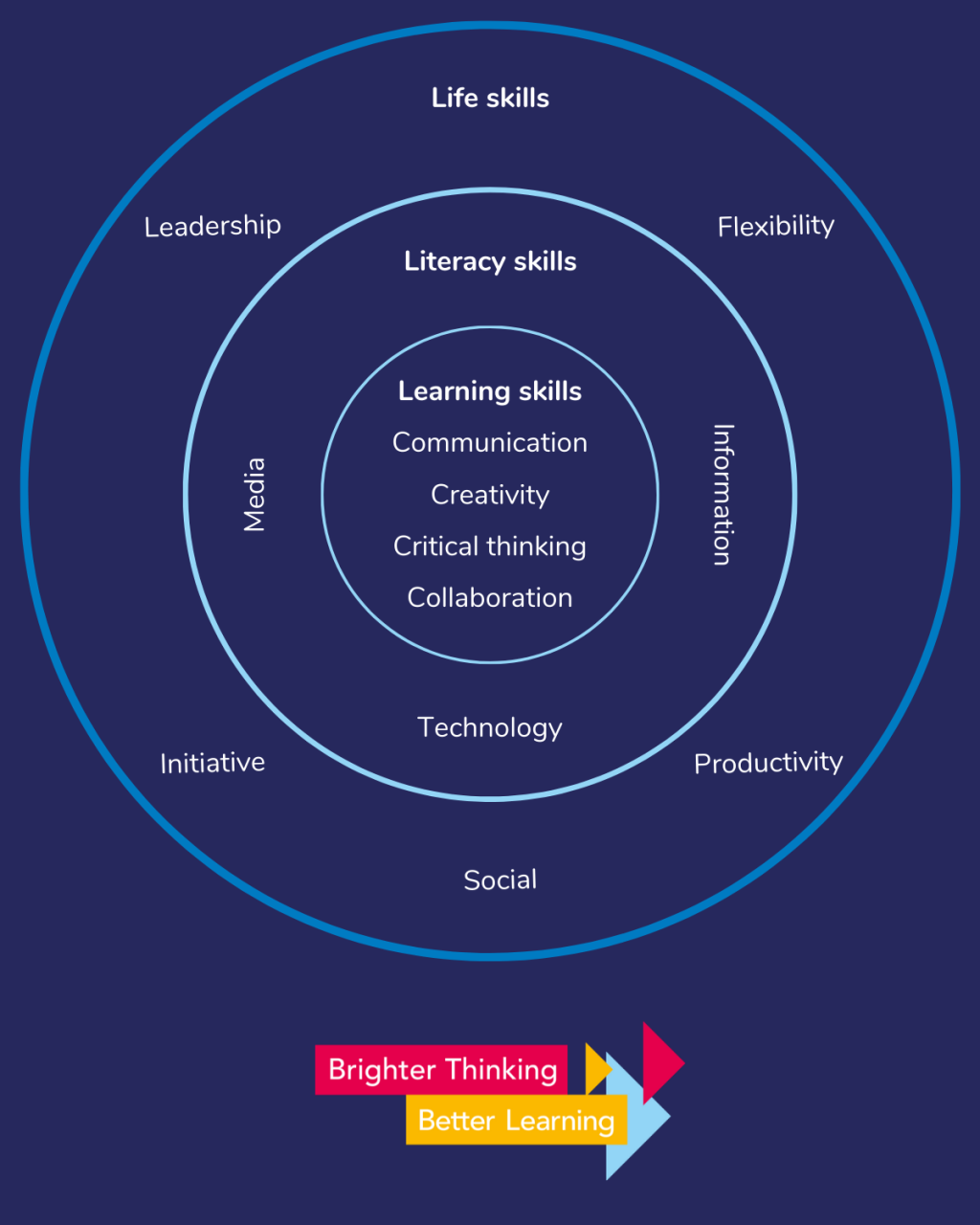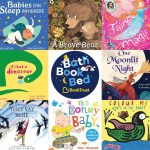Empower Your Skills: Engaging Learning Activities To Develop 21st Century Competencies
Learning Activities to Develop 21st Century Skills
Hello Readers,
Welcome to this article, where we will explore various learning activities that can help develop 21st century skills. In today’s fast-paced and ever-evolving world, it is essential for individuals to equip themselves with skills that can enable them to thrive in the 21st century. These skills go beyond the traditional academic curriculum and focus on critical thinking, problem-solving, collaboration, creativity, and adaptability.
3 Picture Gallery: Empower Your Skills: Engaging Learning Activities To Develop 21st Century Competencies



Throughout this article, we will delve into the what, who, when, where, why, and how of learning activities to develop 21st century skills. We will also discuss the advantages and disadvantages of these activities and provide answers to frequently asked questions. So, let’s get started!
Table of Contents
What are learning activities to develop 21st century skills?
Who can benefit from these activities?
When should one engage in these activities?
Where can these activities be implemented?
Why are these activities important?
How can one engage in these activities?
Advantages and Disadvantages of learning activities to develop 21st century skills
Frequently Asked Questions
Conclusion
Final Remarks
What are learning activities to develop 21st century skills?

Image Source: blogspot.com
Learning activities to develop 21st century skills encompass a wide range of experiences and exercises that focus on building skills deemed necessary for success in the modern world. These skills include critical thinking, problem-solving, communication, collaboration, creativity, and adaptability. The activities can be both formal and informal, taking place in various settings such as classrooms, workplaces, and community organizations.
Emoji: 🧠
These activities can involve hands-on projects, group discussions and projects, simulations, debates, research assignments, presentations, and creative tasks. The aim is to provide learners with opportunities to develop these vital skills through practical, real-world scenarios.
Benefits:
1. Enhances critical thinking skills by encouraging learners to analyze information, evaluate different perspectives, and make informed decisions.

Image Source: wordpress.com
2. Develops problem-solving abilities as learners are exposed to complex challenges that require innovative solutions.
3. Promotes collaboration and teamwork by engaging learners in group activities that foster effective communication and cooperation.
4. Nurtures creativity and imagination through activities that encourage learners to think outside the box and explore innovative ideas.

Image Source: cambridge.org
5. Cultivates adaptability by exposing learners to diverse situations and encouraging them to embrace change and learn from it.
Drawbacks:
1. Requires careful planning and implementation to ensure that the activities effectively target the desired skills and meet the learners’ needs.
2. Can be time-consuming, especially when it comes to designing and facilitating group projects and collaborative activities.
3. May face resistance from learners who are accustomed to traditional learning methods and find it challenging to adapt to new approaches.
4. Requires adequate resources and technology to support the implementation of certain activities, which may pose challenges in some educational settings.
5. Evaluation and assessment of learning outcomes can be more complex compared to traditional methods, as they often involve subjective criteria and require a holistic approach.
Who can benefit from these activities?
Learning activities to develop 21st century skills are beneficial for learners of all ages and backgrounds. These activities are not limited to students in formal educational settings but extend to professionals, parents, and individuals seeking personal growth. Whether you are a student preparing for the future, a professional looking to enhance your skills, or a parent interested in fostering your child’s development, these activities have something to offer.
When should one engage in these activities?
One can engage in learning activities to develop 21st century skills at any stage of life. It is never too early or too late to start developing these skills. For students, these activities can be integrated into their regular curriculum or pursued as extracurricular activities. Professionals can engage in these activities to enhance their skills and stay relevant in a rapidly changing job market. Parents can incorporate these activities into their child’s daily routine or encourage their participation in community programs.
Where can these activities be implemented?
Learning activities to develop 21st century skills can be implemented in various settings, including schools, colleges, universities, workplaces, community centers, and online platforms. These activities can be tailored to suit the specific needs and resources of each setting. For example, in schools, teachers can incorporate project-based learning or collaborative assignments into their lesson plans. In workplaces, employers can organize workshops or training programs to enhance employees’ skills.
Why are these activities important?
The 21st century is characterized by rapid technological advancements, globalization, and an ever-increasing need for innovation. Traditional education alone may not adequately prepare individuals to thrive in this dynamic environment. Learning activities that focus on developing 21st century skills bridge the gap between theory and practice, equipping individuals with the competencies needed to succeed in their personal and professional lives.
How can one engage in these activities?
There are various ways to engage in learning activities to develop 21st century skills:
Participate in hands-on projects that require critical thinking and problem-solving.
Collaborate with others on group assignments or community initiatives.
Attend workshops, seminars, or training programs focused on skill development.
Utilize online resources, such as interactive platforms and educational websites.
Engage in creative tasks that foster innovation and imagination.
Join clubs, organizations, or communities that promote skill development.
Seek mentorship or guidance from experts in relevant fields.
Advantages and Disadvantages of learning activities to develop 21st century skills
Advantages:
1. Enhances critical thinking skills by encouraging learners to analyze information, evaluate different perspectives, and make informed decisions.
2. Develops problem-solving abilities as learners are exposed to complex challenges that require innovative solutions.
3. Promotes collaboration and teamwork by engaging learners in group activities that foster effective communication and cooperation.
4. Nurtures creativity and imagination through activities that encourage learners to think outside the box and explore innovative ideas.
5. Cultivates adaptability by exposing learners to diverse situations and encouraging them to embrace change and learn from it.
Disadvantages:
1. Requires careful planning and implementation to ensure that the activities effectively target the desired skills and meet the learners’ needs.
2. Can be time-consuming, especially when it comes to designing and facilitating group projects and collaborative activities.
3. May face resistance from learners who are accustomed to traditional learning methods and find it challenging to adapt to new approaches.
4. Requires adequate resources and technology to support the implementation of certain activities, which may pose challenges in some educational settings.
5. Evaluation and assessment of learning outcomes can be more complex compared to traditional methods, as they often involve subjective criteria and require a holistic approach.
Frequently Asked Questions
1. Can learning activities to develop 21st century skills be integrated into existing curricula?
Yes, these activities can be integrated into existing curricula by incorporating project-based learning, collaborative assignments, and other interactive approaches.
2. Are these activities suitable for all age groups?
Yes, learning activities to develop 21st century skills can be adapted to suit learners of all age groups, from early childhood to adulthood.
3. How can employers benefit from implementing these activities in the workplace?
Implementing these activities in the workplace can enhance employees’ skills, promote innovation, and foster a collaborative work environment.
4. Are there any online platforms that offer learning activities for developing 21st century skills?
Yes, numerous online platforms provide interactive learning activities and resources for developing 21st century skills. Some examples include Coursera, Khan Academy, and Udemy.
5. Can these activities be tailored to specific industries or professions?
Yes, learning activities can be tailored to suit the specific needs and requirements of different industries and professions. For example, healthcare professionals can engage in activities that focus on problem-solving in medical settings.
Conclusion
Learning activities to develop 21st century skills play a crucial role in preparing individuals for the challenges and opportunities of the modern world. By honing skills such as critical thinking, problem-solving, collaboration, creativity, and adaptability, individuals can navigate the complexities of the 21st century with confidence and competence. Whether you are a student, professional, or parent, embracing these activities can empower you to thrive in a rapidly changing society.
Final Remarks
In conclusion, learning activities to develop 21st century skills are essential for personal and professional growth in today’s world. It is important to embrace these activities and continually seek opportunities to enhance your skills. Remember, learning is a lifelong journey, and developing 21st century skills can open doors to new possibilities and enable you to make a positive impact in your personal and professional endeavors.
This post topic: Children's Literature



